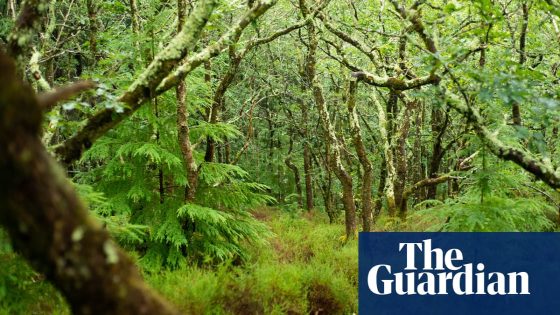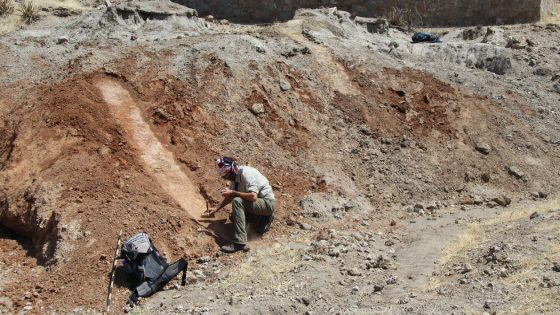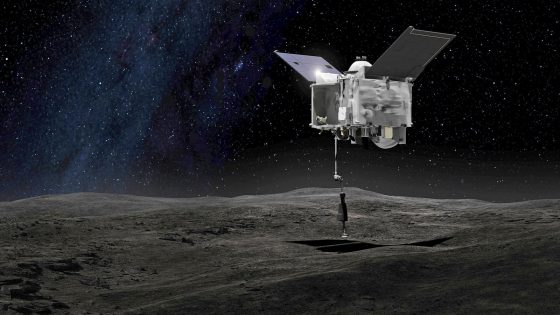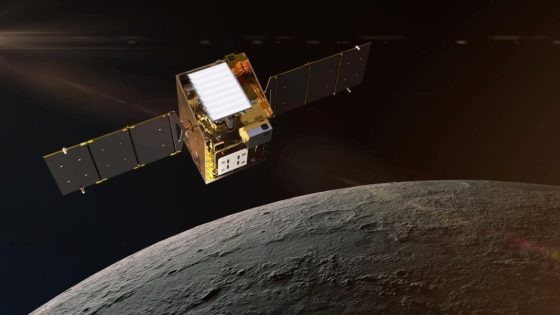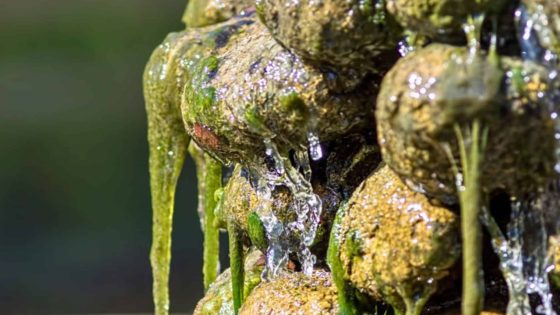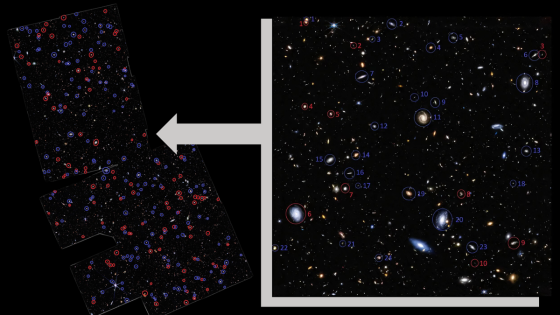Our planet is losing its appetite for mopping up carbon dioxide, a concerning trend revealed in recent studies. As of February 2025, analysis shows that Earth’s ability to absorb CO2 peaked in 2008 and has been declining ever since. What does this mean for our climate future?
- Earth's carbon sequestration peaked in 2008
- Climate change negatively impacts plant growth
- Carbon dioxide absorption declining by 0.25% annually
- Emissions must decrease by 0.3% yearly
- James Curran's findings published in Weather journal
Why Are Plants Absorbing Less Carbon Dioxide in Recent Years?
Have you ever wondered how climate change impacts our planet’s green lungs? The decline in carbon dioxide absorption by plants is alarming. Factors like wildfires, droughts, and heat stress are taking their toll. This shift poses a significant risk to our environment and climate stability.
Understanding the Decline in Carbon Sequestration: Key Factors
Several factors contribute to the decreasing ability of plants to absorb carbon dioxide. Understanding these can help US address the issue effectively:
- Increased temperatures lead to heat stress in plants.
- Extreme weather events like wildfires and floods disrupt ecosystems.
- Longer growing seasons are overshadowed by climate-related challenges.
- New pests and diseases threaten plant health and productivity.
The Importance of Carbon Sequestration for Climate Stability
Carbon sequestration is vital for maintaining a stable climate. Plants act as natural carbon sinks, absorbing CO2 from the atmosphere. However, as their ability to do so diminishes, the risk of climate breakdown increases. What can we do to support our planet’s green allies?
Strategies to Enhance Carbon Absorption by Plants
To combat the decline in carbon dioxide absorption, we can implement several strategies:
- Promote sustainable farming practices that enhance soil health.
- Invest in reforestation and afforestation projects.
- Support policies aimed at reducing greenhouse gas emissions.
- Encourage community efforts to protect local ecosystems.
In conclusion, the decline in carbon dioxide absorption by plants is a pressing issue that demands our attention. By understanding the factors at play and taking action, we can help mitigate the effects of climate change and protect our environment for future generations.



